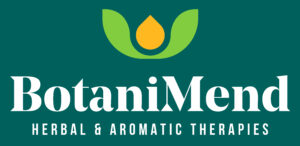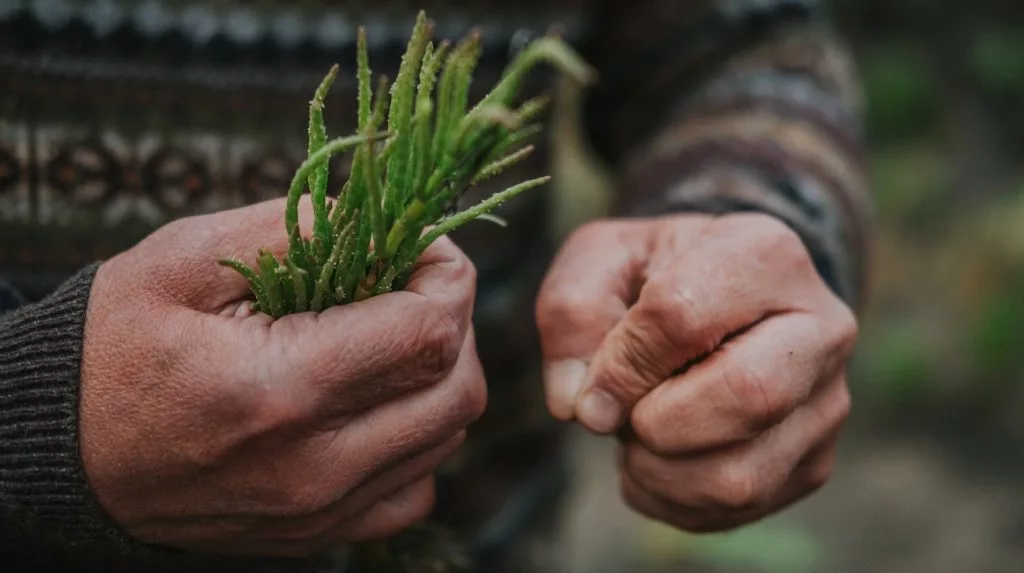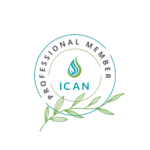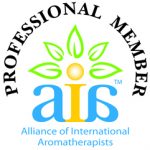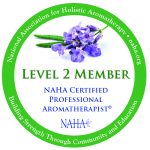It is a tradition in herbalism and herbal medicine to recognize the importance and wisdom of the elders in the field. Those who have gone before, who have carved new paths, who have trodden old paths and improved upon them, and who contribute daily to the field are in many ways revered — held in high respect by most. These are the people that have and continue to further the field in many significant ways. Some have done so by writing books, recording the knowledge, understanding, and insights they have gained through practice over the course of many years. Some have focused on sustainability issues, ensuring a future crop of plants for the very important medicines that are made daily in practice. Some have become teachers, passing on their wisdom to new budding herbalists who are eager to enter into this very exciting field. Some do or have done a combination of these things in some way or another.Because of the contributions — the knowledge, the understanding, the insights, and the wisdom of the elders — it is important to take note quickly when they speak. It is important to listen to them intently. It is important to learn from them. For they have much to contribute to our walk in herbalism.In aromatherapy, this is often not so. Having been in this field for a number of years, I have found that respect for the elders in this field is sometimes a rarity. Driven by sales, many essential oil enthusiasts have aligned themselves with companies whose “doctors” and “scientists” have self-determined that the elders (and other experienced aromatherapists) in the aromatherapy community are to be ignored — most especially if any of the recommendations of those elders pinches sales. Unfortunately, many who are in the sales business and who give ear to those “doctors” and “scientists” tend to also fancy themselves as “experts” in essential oils and their use. They learn from the “doctors” and the “scientists” in their respective company that the elders are to be ignored — that the elders are not “up to date” on the newest information in the field. This system has created a plethora of essential oil enthusiasts who have a tremendous passion for essential oil use, and a greater passion for sales. Unfortunately, they believe that because they have a passion and have been educated by their companies, that they are experts. The problem is the only education they have received is from other essential oil enthusiasts who have no formal aromatherapy education. These essential oil enthusiasts continually put on a facade of expertise, ignoring the elders (and other educated aromatherpists), while having no education of their own. This is like a car-collecting enthusiast with little to no mechanical training telling others how to fix engine problems while at the same time ignoring all the advice of trained engine mechanics, and most especially the trained engine mechanics who have dedicated themselves to the field over a lifetime.
Unfortunately, this attitude has spilled over into the entire field of aromatherapy over the years. Many passionate newcomers to the field tend to learn a little from various educational courses and let that passion, little bit of knowledge, and zeal overshadow corrections by the elders in the field. They forget (or choose to ignore) the advice of the elders who have spent a lifetime working hard to learn and further the field. If something does not fit with their leanings, they dismiss the plethora of those who have been in agreement on various issues, pushing their own agenda instead, and making themselves out to be their own expert. An attitude and practice such as this indicates that one only need education to become an expert.Education, for sure, is important. But education is only the beginning; it is only the building block by which one becomes familiar with a particular field. It is the foundation of the start of an entry into a field of practice. Education only provides knowledge — even continuing education. Understanding and wisdom come by practice; and it is in this that our elders in the field most importantly come into play. Our elders teach us, yes; but they also pass on the understanding and wisdom that they have gained by many years of practice; and this is why it is so very important to listen to them, to honor them, to respect them, and to keep an open mind to what they speak to us. The elders can teach us not only what they have learned and experiences from a perspective of successes, but more importantly what they have learned and experienced through failures. It is often the failures that provide understanding and wisdom. To ignore the elders is to miss out on a rich and full understanding of what it is to be a practitioner — of what it is to be an aromatherapist or an herbalist. The elders are willing mentors, and we should seek them out respectfully and actively to help us all along on our journey. Even those who have been practicing for many years and might be considered elders themselves consistently seek the opinions and thoughts of the other elders in the community. This is a fantastic example for us all to follow. Elders are often humble and willing to learn from each other, so why would the newcomer, or fairly newcomer, or experienced practitioner, or even another elder not want to learn from the elders in the field? Elders are eager to pass on information to us — what they have learned. For in this passing on of knowledge, understanding, and wisdom is their legacy — the acknowledgement of their contribution to the field. And by seeking them out with a willing mind to learn from them, we honor them.I am not saying that we cannot challenge the elders; that is a must. And the elders should be challenged on some issues. The elders who truly care about the field don’t mind being challenged. However, a dismissal of the elders, their knowledge, their contributions, and their wisdom should not become as standard practice of an essential oil enthusiast, an aromatherapist, or an herbalist. In fact, it is something that should never be.Seek out the elders. Thirst for their knowledge. Covet their understanding. Value their wisdom. For in this, we all become better aromatherapists, herbalists, practitioners, and even elders in the field. And in this, we ourselves are better prepared to one day be elders ourselves. The elders are our heritage. The elders are our teachers. The elders are our pioneers. The elders are what has made and makes our field what it is today because they teach us, inspire us, push us, and mold us to continue the heritage and the teachings of the field; and they are what pushes us to also be pioneers. Always seek to show appreciation for the elders — for what they have done and what they continue to do. For they have worked a lifetime to contribute to the field, and that is to honored.
Respect the elders.
“It’s important to remember that we are not the first ones to have these questions or ideas. We need to remember that just because we have a passion for something, it doesn’t make us an expert. We have to remember that there are elders who have dedicated their lives to this. We have those in our community who have worked and lived this since we were knee high to a grass hopper.” — Laura Quesinberry.
